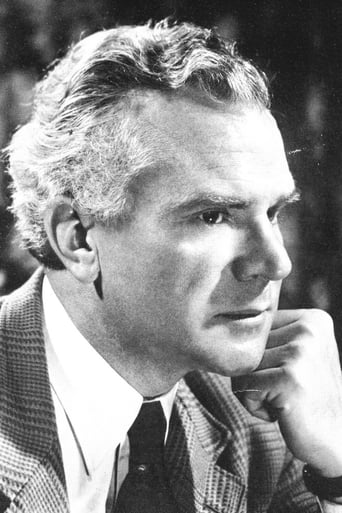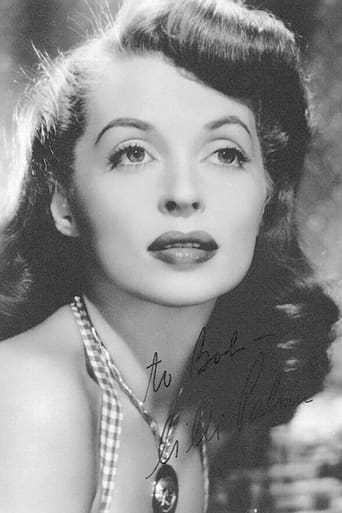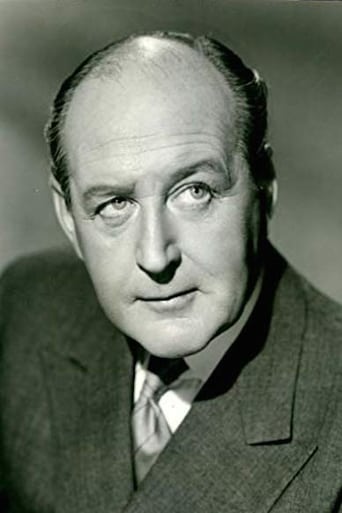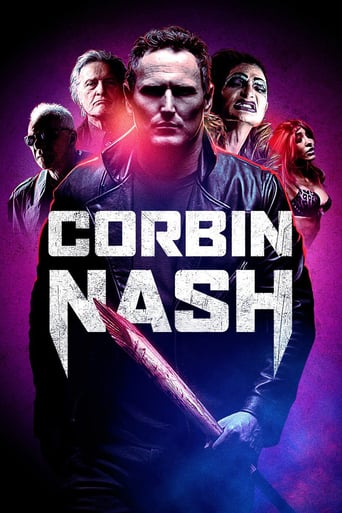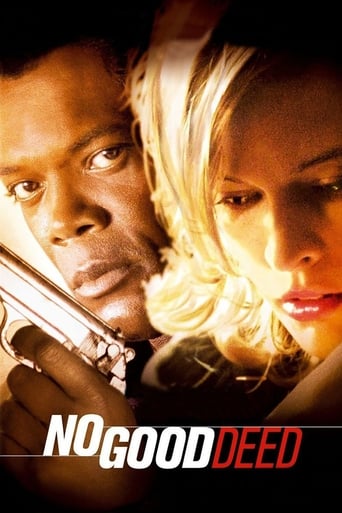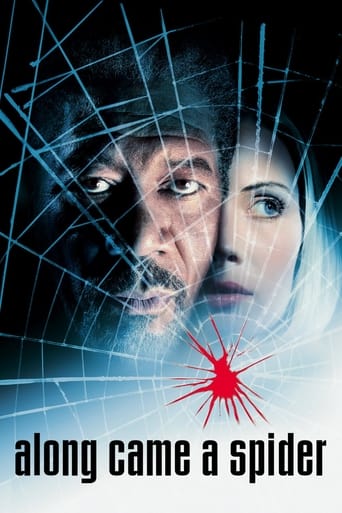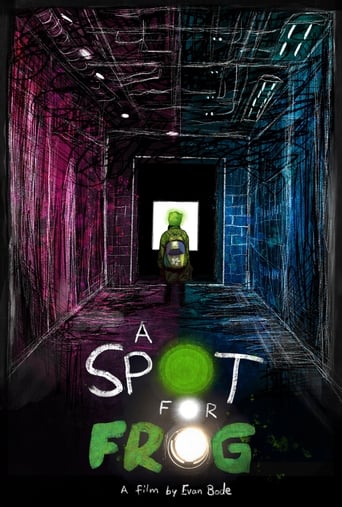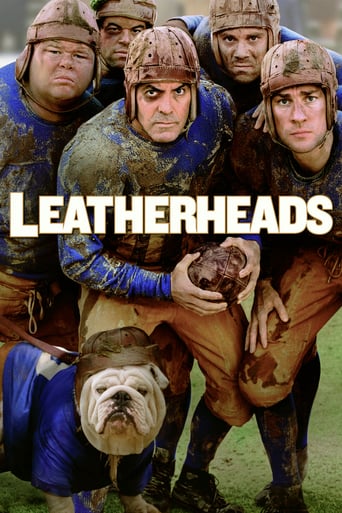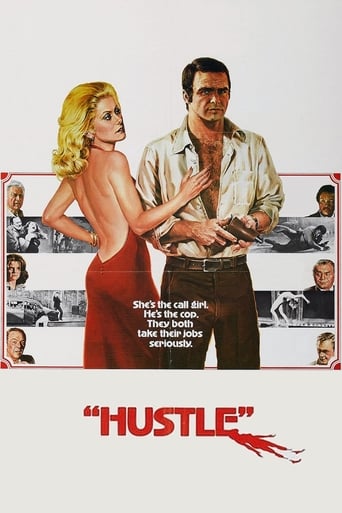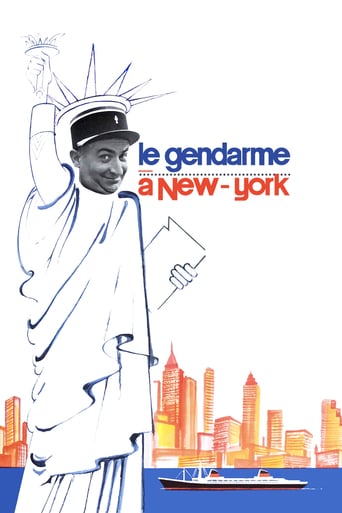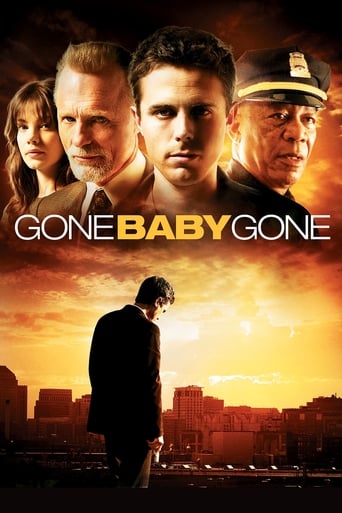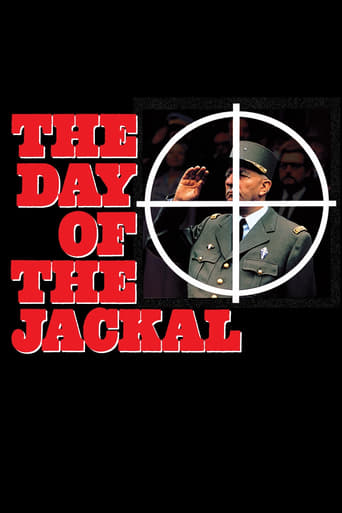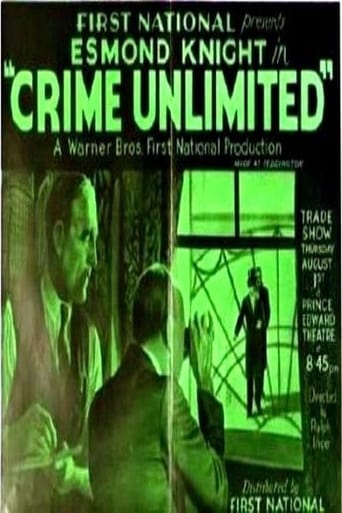
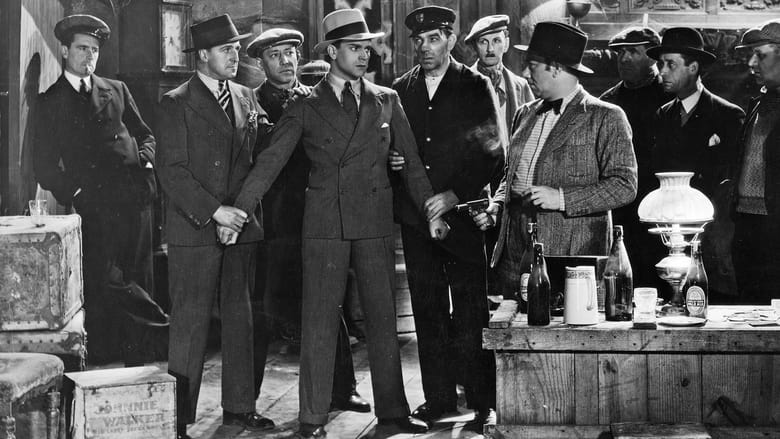
Crime Unlimited (1935)
A young Scotland Yard police academy recruit tries to break up a gang of thieves.
Watch Trailer
Cast


Similar titles
Reviews
Admirable film.
A lot more amusing than I thought it would be.
The film creates a perfect balance between action and depth of basic needs, in the midst of an infertile atmosphere.
I enjoyed watching this film and would recommend other to give it a try , (as I am) but this movie, although enjoyable to watch due to the better than average acting fails to add anything new to its storyline that is all too familiar to these types of movies.
Allegedly based on the 1933 play of the same name by George S. Kaufman and Alexander Woollcott, the British movie "Ctime Unlimited" bears little resemblance to this source at all and in actual fact was based on the 1894 novel, Trilby, by George Du Maurier - a property that Warner Brothers also owned. The most notable film version of Trilby was Svengali (1931) in which John Barrymore played the title character. On this occasion, the role is played - and played well - by sanpaku-eyed Herbert Lom, while Anne Crawford makes a most effective Trilby and David Farrar a more powerful and charismatic Little Billee. The setting has been cleverly changed from opera to a circus, enabling director Harlow to incorporate a number of genuine acts, including a thrilling sequence in which a clown performs a number of breathtaking high wire stunts. Nominal star, Ben Lyon, doesn't get too much in the way. Production values impress and the noirish photography by Otto Heller is a stand-out, particularly in the Herbert Lom sequences.
Lovely Lilli Palmer made her film debut in this routine British quota film, Crime Unlimited, from 1935.She stars with Esmond Knight in this drama about an undercover police office infiltrating a gang of jewel thieves and attempting to meet the unseen leader, Maddick. Along the way, he meets Natacha (Palmer), part of the crime team, but who wants out.This is a pretty good film, nothing special, but it was certainly fun to see the nearly unrecognizable Palmer. Esmond Knight, in his twenties here, lived to be 80 and worked until the very end, despite being blind for two years after the war and losing an eye.
The situation was this. In 1927 (according to Robert Osborne in introducing this and two other films on TCM) a British law insisted that British casts and crews had to be used in films shown in the U.K. by foreign distributors. Warner Brothers - First National got around this by doing films at a British studio they bought at Teddington - so that they would show one of the British films with one of their American films on the same bill. This proved to be acceptable, and they would turn out about 100 films in the 1930s and 1940s, before the studio was closed due to bomb damage from a V-2 rocket. Later it was repaired, but the law was changed and Warners sold Teddington to British interest. It still is in use.Only a third of the Warners Teddington films survive, and Turner Classics showed three last Monday, and three a week before - all shown the first time in the U.S. The first shown on Monday was CRIME UNLIMITED. This melodrama fits nicely into it's London locale, as it deals with a phenomenally successful jewelry gang under one "Merrick" that keeps beating Scotland Yard's attempts to stop it. When they kill an undercover cop (they've also killed three stool pigeons), the Yard knows it must crack the case to regain public trust in it's abilities. The dead detective held onto a clue that mentions "A D 1935 +" on it. Hopefully this taunting clue can be cracked. The Assistant Commissioner (Cecil Parker) decides on another risky scheme. Again, plant a police inspector to spy and uncover the gang inside the gang. But to do this, the police inspector must appear to be a really clever jewel thief - one that "Merrick" would consider for his gang. Shortly afterward we see Esmond Knight as Pete Borden, pulling off a clever jewelry snatch of three expensive bracelets worth 3,000 pounds. He manages to go to a gambling den to try to fence the jewels. There he meets one Natasha (Lili Palmer), who is one of the members of "Merrick"'s gang. He is taken (blindfolded) to Merrick's headquarters, and speaks to him over an intercom. Given little option (join or be killed), he joins the gang.From that point on he acts totally as a member of the gang, but their well organized heists keep going awry. "Merrick" is increasingly suspicious of Borden, as all the mistakes occurred after he joined. The climax is when Borden and Natasha steal a famous necklace at a society party, although Borden's alias is revealed to be false. He escapes. But although Natasha gets a piece of jewelry, it turns out to be a paste imitation. At which point "Merrick" decides Borden (and possibly Natasha) are expendable.It's actually not a bad little mystery, as we keep wondering who is "Merrick", and as we see each of Borden's leads passed to the police get stymied by this criminal genius and his gang. If the conclusion seems a trifle melodramatic (the actor who is Merrick seems too giggly when uncovered - the role called for Henry Daniell if possible for perfect affect). Knight is a feisty little actor (with sufficient English restraint, believe it or not). As for Lili Palmer, Natasha was a good early role as a bad girl who reforms in time. But she did go on to better things - and for awhile so did Knight.
I just saw this on TCM as part of six Teddington studios Warner Bros. made-in-England so-called Quota Quickies never meant for export outside England. I am very impressed. English actors are in every way superior to their American counterparts of the time. The dialogue is literate, as can be expected from a people who made "talking pictures" instead of "movies", like the expression goes. This undercover-cop-acting-as-a-jewel-thief story has all the action elements that one can expect from the Fritz Lang-inspired melodramas of the time and that have survived in the Adventures of Tintin: hidden lairs with two-way mirrors and secret passages, car pursuits, death by piped-in gas, an arch-villain with a double identity who happens to be bordering on lunacy, etc. But the proceedings are saved by the extreme intelligence of the principals: Lilli Palmer, in her first English-language film, and Esmond Knight, a Michael Powell regular, who had absolutely everything to become a sexier, more proactive and muscular Laurence Olivier, but whose career was cut short by his losing an eye in WWII, after which he took on extremely surprising and varied character roles. The films in the Paddington treasure trove are absolutely pristine in image and sound and put to shame many films of the period as far as conservation goes. The direction by a stalwart of the Hollywood system is also equally brilliant. In short, films like this one make it hard to understand why the British public would prefer the American product and the terrible things that have been written about them.


